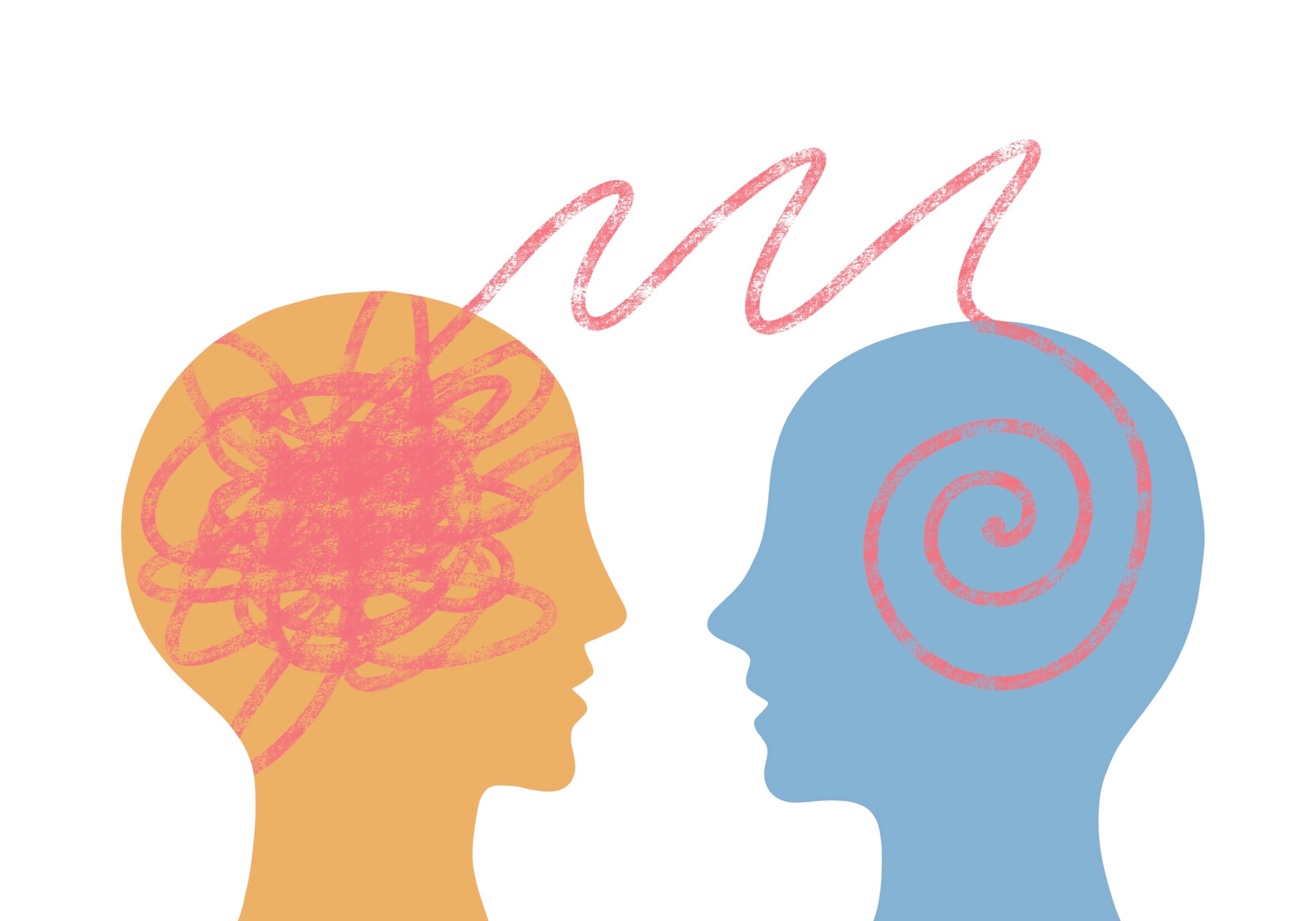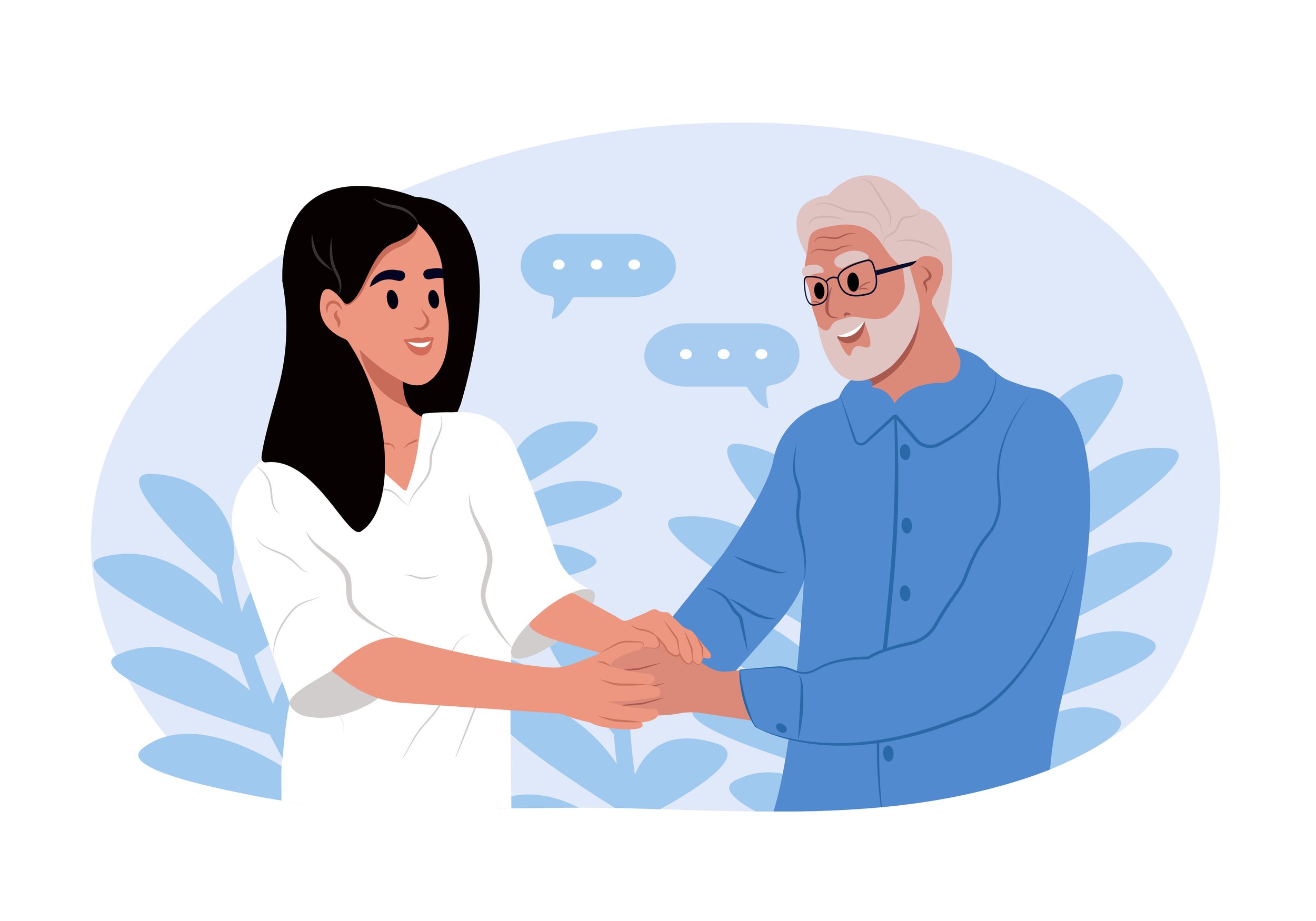Customer Service Pyramid
The communication-based customer service pyramid is an innovative, effective, yet simple model of delivering an exceptional customer experience.
It’s the product of 20 years of my academic and professional research and practice!
Effective communication is the foundation of exceptional customer service. Throughout their journey, customers constantly interact with your customer service teams and frontline staff — whether in person, over the phone, via email, text, or online chat.
My programs and solutions will help you effectively communicate with each and every customer — including persons with disabilities, customers experiencing stress and anxiety, individuals with neurological differences, older adults, and customers who don’t speak English fluently.
Cognitive empathy is the ability to fully and accurately understand your customer’s experience. This understanding allows you to address their challenges and needs quickly and successfully. Plus, it improves communication and relationships with your customers — while building lasting trust.
Respect and appreciation are what every customer expects. Customers want a balanced, trusting relationship with your team — so that they can work with you to find successful solutions.
Language is a powerful tool that’s often overlooked in customer service. Individual-first language serves multiple purposes:
Helps your customers understand what you say or write the first time they hear or read it
Conveys respect, appreciation, understanding, and compassion
Facilitates problem solving and collaboration with your customers
Empathy is not an easy task!
Cognitive empathy is the ability to understand the way your customers experience and perceive the world. It’s not an easy task! Each and every customer is a unique individual. As humans, we are complex and nuanced.
Our brains are wired differently. We have different talents, strengths, and challenges. We develop different skill sets, acquire different knowledge, and go through different experiences. We choose different paths in life.
Each of us lives in and is shaped by multiple cultures. Our family, circle of friends, neighborhood, faith community, profession, and workplace — each of these groups has its own distinct culture. We also build new cultures when we start our own families, friend groups, and communities.
My training programs will help your frontline staff understand your customers and their needs at the individual level. The field of empathy has been growing substantially over the last decade. I’ve been at the forefront of both its research and practice.
Ensure clear, respectful, and empathetic communication with each and every customer!
Customers with disabilities
With both visible and invisible health conditions
Customers with neurological differences
With traits of autism, ADHD, and dyslexia
Older adults
Aged 60 and above
Customers who are in crisis
Experiencing stress or anxiety (e.g., during medical emergencies or neighbor disputes)
Multicultural customers
Across family, community, and professional cultures
Customers who don’t speak English fluently
Limited English and Non-English Proficient














